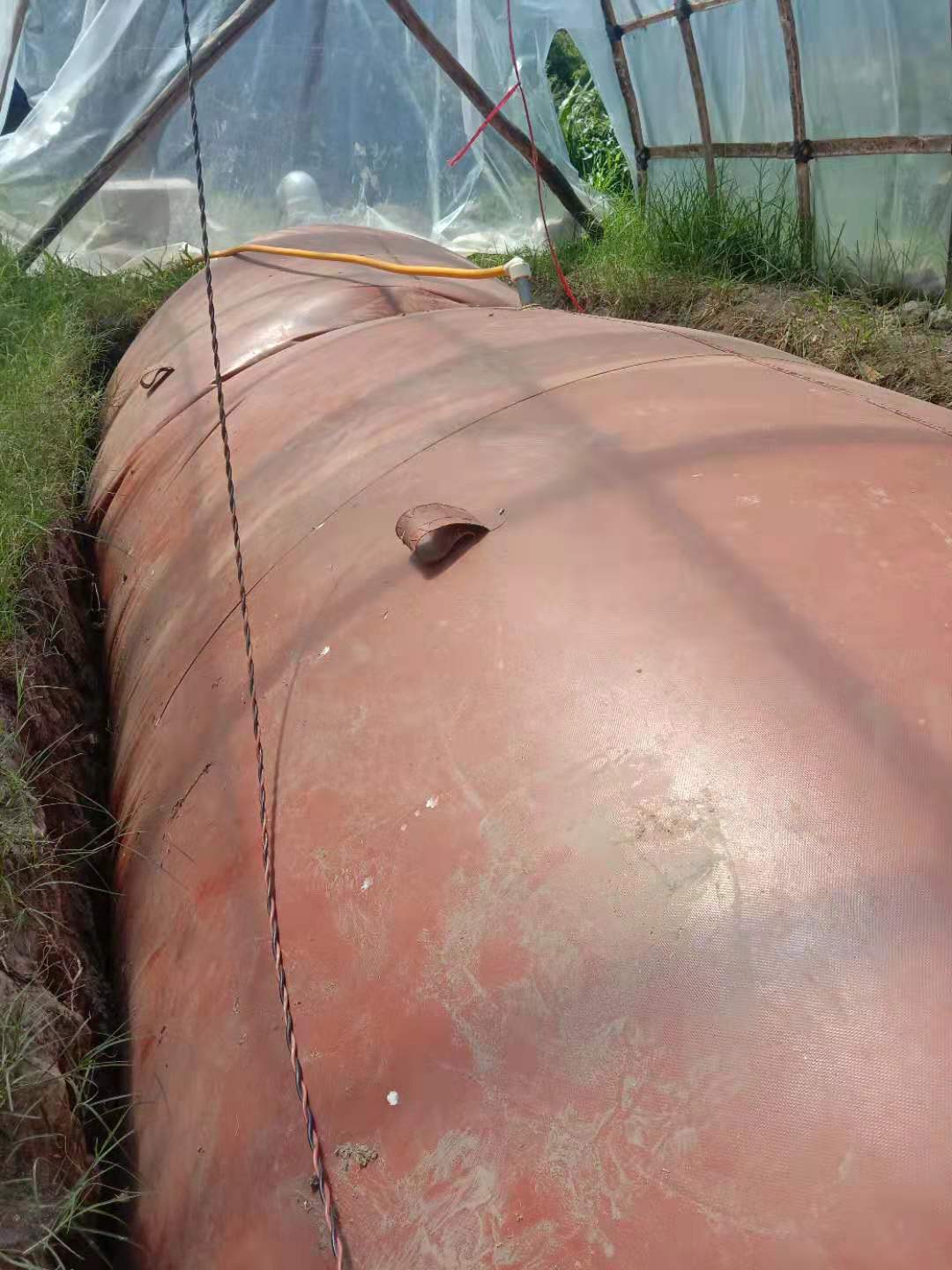Flexi Biogas Pilot in Eastern Dzongkhags – An Alternative Energy Source for Cooking

Flexi biogas, a flexible above-ground system that is cost-effective, portable, easy to install, and simple to operate has been introduced and pilot testing in Eastern Dzongkhags in collaboration with Dzongkhag livestock sector and Livestock Biogas Program (LBP) under Department of Livestock. This Program aims to install small scale flexi-biogas plants for meeting the cooking and heating energy needs in rural areas of Eastern Bhutan. Further, it aims to enhance the resilience of the farmers to climate change by replacing or reducing the dependency on firewood, Liquid Petroleum Gas (LPG) and electricity to biogas consumption. In order to pilot the program, the LBP has assisted Commercial Agriculture and Resilient Livelihoods Enhancement Program (CARLEP) to bring in the expertise from Nepal to provide training and technical skills to masons and livestock Officials of eastern Bhutan in December 2018. Currently, one each is piloted in three eastern Dzongkhags, viz.: Trashiyangtse, Trashigang and Mongar.
The flexi-bag is portable and can be easily transported from one site to another. Nonetheless, it can be adopted by farmers who are heavily dependent on firewood or LPG for cooking and heating.
Mr. Sangay, a dairy farmer from Trashiyangtse is one of the flexi-biogas beneficiaries of the pilot program. Unlike past, Mr. Sangay currently uses biogas for daily cooking and heating and LPG has been replaced. Through regular monitoring and observation, the on-going pilot program seems to perform well in terms of gas production and fermentation. Currently, the pilot farmers are using on regular basis (morning & evening hours) and feedback received from the beneficiaries is positive. However, sometimes rodents tend to damage the materials, thus making it challenging. Nonetheless, Mr. Sangay stated that it will help him save some amount which is otherwise used for monthly electricity and LPG bills.
The on-going pilot program will be closely monitored and evaluated. The program will continue to assess all the advantages and disadvantages involved. It will also be assessed taking into consideration the technological, economical, environmental and social implication to decide whether the technology is a failure or success for future upscaling.
Updates by:
Chhimi Lhamo (GKMO) and Ugyen Wangdi (CM, Agriculture)
OPM, CARLEP

